This guide will provide you with a step-by-step approach to mastering Python Certification, along with resources and tips to make your learning journey smooth and effective. Python is a versatile and widely-used programming language, popular for its simplicity and readability. When considering How to Learn Python Programming Language, understanding the foundational concepts and practicing regularly is key to success. When learning Python programming, it is essential to focus on understanding the foundational concepts and practicing consistently to build proficiency. Whether you’re a beginner or looking to advance your skills, mastering Python can unlock numerous career opportunities in fields like web development, data analysis, artificial intelligence, and more. Additionally, obtaining a Python online course certification or Python certification can validate your expertise and significantly boost your career prospects.
Why Learn Python Programming Language?
Python is known for its simple syntax and ease of learning, making it an ideal language for beginners. It is also powerful enough to be used in advanced applications. Some of the key reasons to learn Python include its versatility, large community support, extensive libraries, and its application in trending technologies like AI and machine learning.
Getting Started with Python Programming Language
To begin your Python journey, you’ll need to install Python on your computer. You can download the latest version from the official Python website. Additionally, setting up a code editor like VSCode or PyCharm can enhance your coding experience.
Essential Python Concepts
Start with understanding the basics of Python programming. This includes:
- Syntax and Variables: Learn how to write and run Python code, declare variables, and understand data types.
- Control Structures: Study conditional statements (if, else, elif) and loops (for, while).
- Functions: Understand how to define and call functions, pass arguments, and return values.
- Data Structures: Get familiar with lists, tuples, sets, and dictionaries, which are essential for handling collections of data.
Advanced Python Topics
Once you are comfortable with the basics, move on to more advanced topics:
- Object-Oriented Programming (OOP): Learn about classes, objects, inheritance, and polymorphism.
- Modules and Packages: Understand how to organize your code and reuse it using modules and packages.
- Exception Handling: Learn to handle errors gracefully using try, except, and finally blocks.
- File Handling: Get to know how to read from and write to files.

Python Online Course Certification
Enrolling in a Python online course certification can significantly enhance your professional credentials and validate your skills. Courses offered by H2K Infosys provide structured learning paths that cover essential Python concepts, from basic syntax to advanced programming techniques.
Benefits of Python Certification Courses:
- Skill Validation: Completing a certification course demonstrates your proficiency in Python, making you more attractive to potential employers.
- Structured Learning: These courses are designed to guide learners through the complexities of Python programming systematically.
- Career Opportunities: With a certification, you can open doors to various job roles in software development, data analysis, artificial intelligence, and more.
H2K Infosys emphasizes hands-on learning with practical projects, ensuring that learners not only understand theoretical concepts but also gain real-world experience. This approach prepares students for the demands of the job market and enhances their problem-solving skills.
Building Projects
Practical experience is crucial for mastering Python. Start by building small projects and gradually take on more complex ones. Here are some project ideas:
- Web Scraping: Use libraries like BeautifulSoup and Scrapy to extract data from websites.
- Data Analysis: Utilize Pandas and Matplotlib to analyze and visualize data.
- Web Development: Build web applications using frameworks like Django and Flask.
- Automation Scripts: Create scripts to automate repetitive tasks on your computer.
Refer to Python Tutorials to know more.
Joining Python Communities
Joining communities can provide support, inspiration, and feedback. Some popular Python communities include:
- Stack Overflow: A great place to ask questions and share knowledge.
- Reddit: Subreddits like r/learnpython and r/Python are active communities.
- Meetups: Look for local Python meetups and conferences to network with other learners and professionals.
Preparing for Python Certification
To prepare for a Python certification exam, consider the following steps:
- Review the Exam Objectives: Make sure you understand the topics covered in the exam.
- Practice Coding: Regularly solve coding problems and work on projects to strengthen your understanding.
- Mock Tests: Take practice exams to get a feel of the exam format and identify areas that need improvement.
Conclusion
Learning Python Online Course Certification is a valuable skill that can open up numerous career opportunities. By following this guide, utilizing available resources, and continuously practicing, you can become proficient in Python. Remember, consistency is key, so keep coding and exploring new concepts. Happy learning!


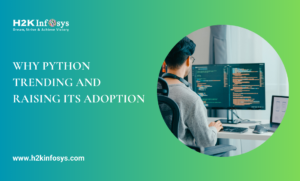




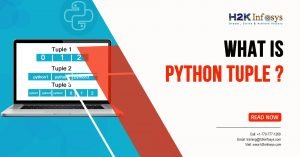
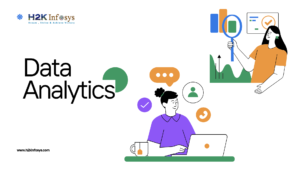




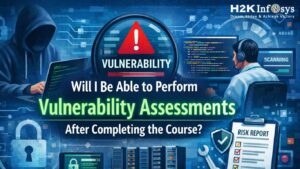

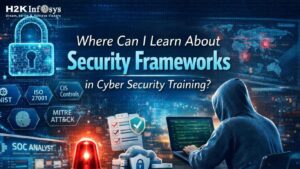


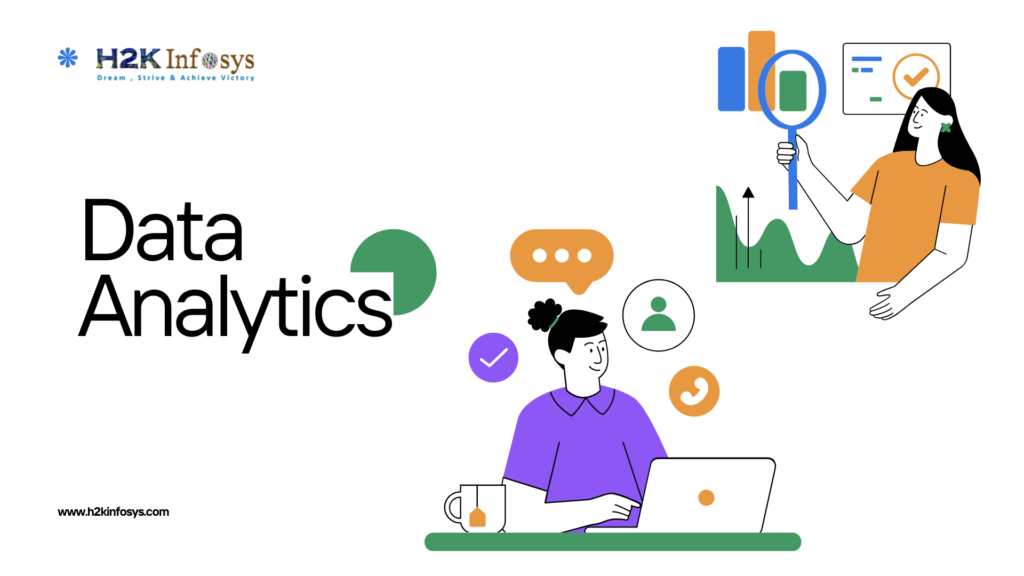




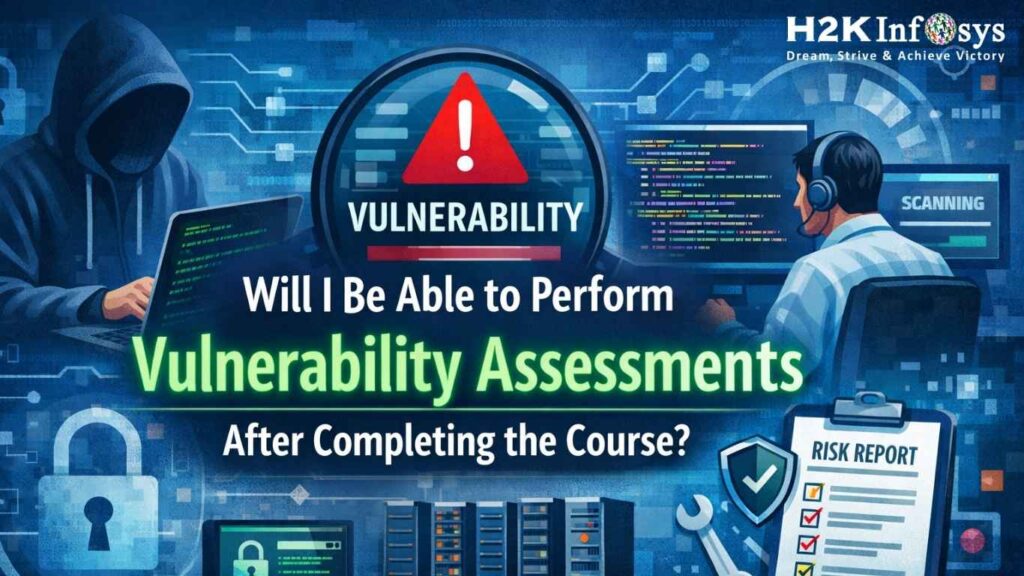



One Response
Thanks for sharing. Keep it up.